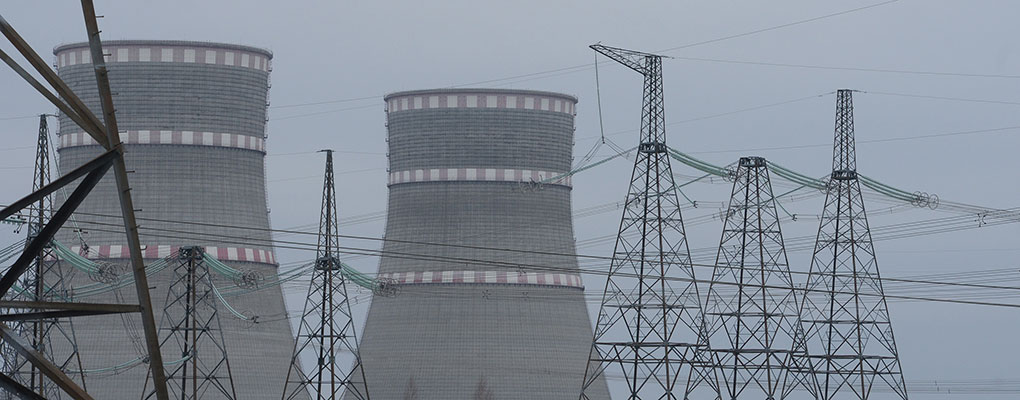
Egypt has taken its first steps towards a nuclear power programme by signing a new deal with Russia’s state-owned nuclear firm, Rosatom. The plant will be comprised of four power units that each generates 1,200 megawatts and is expected to be fully operational within the next 12 years. Together with the construction of the plant, Rosatom has agreed to finance the $20bn project, which will be payable over 33 years, starting with an 11-year grace period.
With relations between Turkey and Russia expected to worsen, Egypt’s role as Russia’s regional partner Russia is likely to augment in the coming years
The plant will be built in the sea port town of Dabaa, on a site that was looted and occupied by locals in protest when plans were first announced in 2012. Egyptian armed forces regained access to the site the following year.
The deal, which was announced shortly after the Turkish attack on a Russian fighter jet, indicates a significant shift in Egypt’s geopolitical standing. With relations between Turkey and Russia expected to worsen, Egypt’s role as Russia’s regional partner Russia is likely to augment in the coming years. And while Russia stands to benefit from regaining a vital foothold in the region, the potential financing of various infrastructure projects would be invaluable for the Egyptian state.
Egypt has sought energy independence for some time, particularly given its frequent power shortages, which continue to wreak social and economic havoc in the country. As such, given the exponential growth of demand and swift decline of gas production, Egypt is now at a critical point in its energy strategy. With a nuclear programme now firmly afoot, it would appear that greater energy securitisation is imminent for Egypt, which will act as a much-needed catalyst to its struggling economy.


